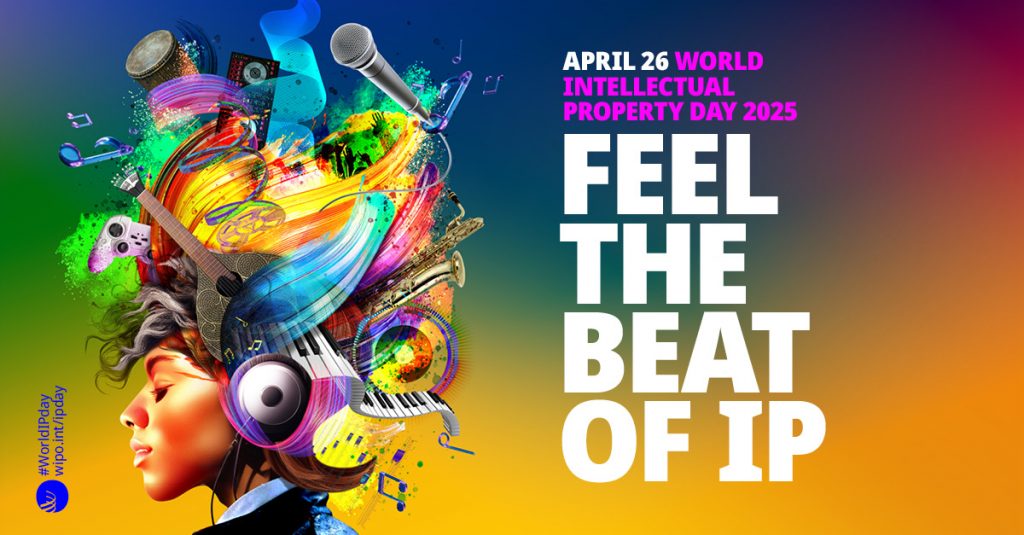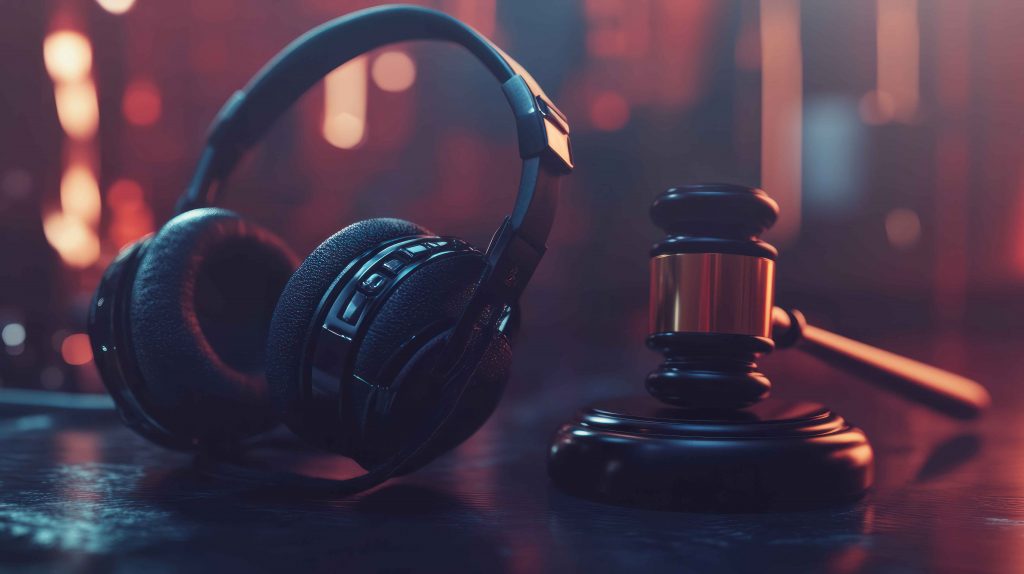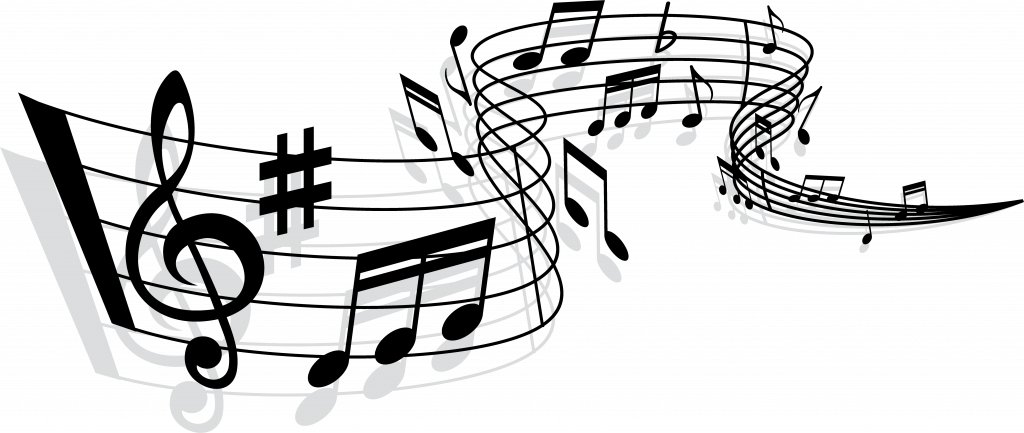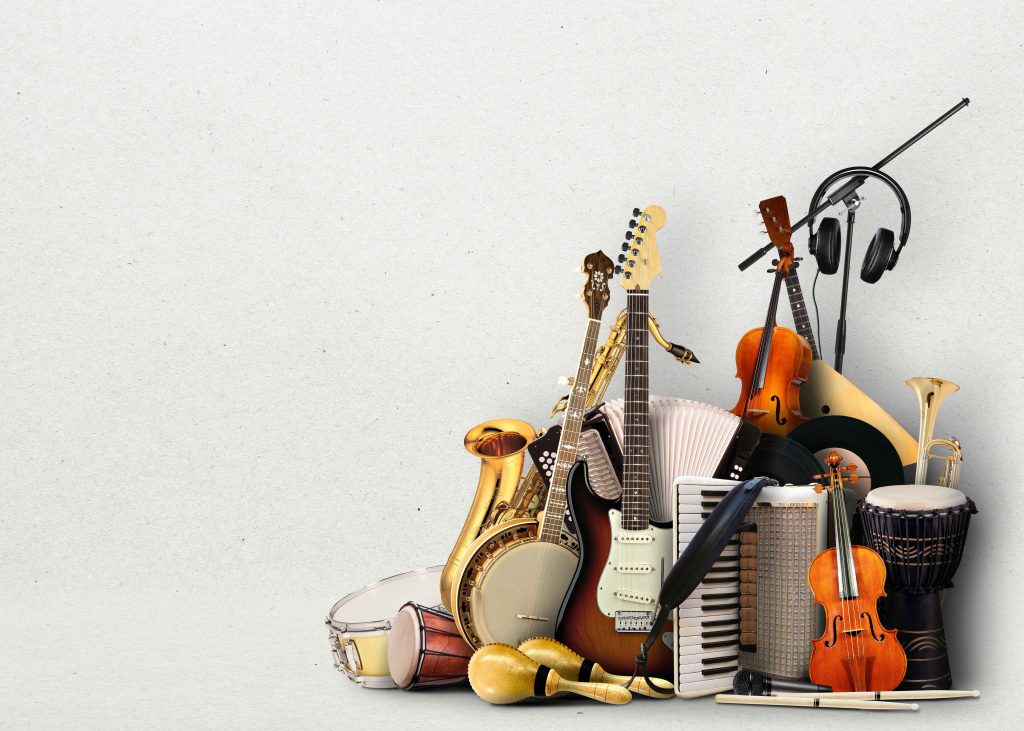Decoding the Beat: Intellectual Property in the Music Landscape

I know what you are thinking. First, she came for the books, now she is coming for the music. The reality is that music and Intellectual Property (IP) are intrinsically linked.
What is IP exactly? IP refers to creations of the mind, such as inventions (patents), literary and artistic works (copyright), designs (design rights) and symbols, names and images used in commerce (trademarks and trade secrets).
When it comes to music, IP plays a crucial role in ensuring and safeguarding the rights of musicians, composers, and producers, making sure they can thrive in a competitive market.
Different IP will protect different parts of a musical creation, from the musical works themselves, to the recordings, and performances. These are all protected. Let’s have a look at each in turn.

Music copyright
Hopefully by now you know what copyright is, but just in case you are new to this page: copyright is an automatic right given to an original work, which has been created somehow in a tangible form. It does not protect ideas.
Musicians will typically own their recordings and compositions (written music and lyrics). However, if they have a publisher or record label, those entities might own, share ownership or even “lease” those rights for a time. It very much depends on the contract signed with the labels.
Let’s see how that can play out in real life, and we shall take cat-lady extraordinaire and all-round businesswoman, Taylor Swift as an example of fighting back.
Taylor Swift signed early on in her career with Big Machine Label Group, who owned all the master recordings of her first six albums. The Label Group was acquired in 2019 by Scooter Braun, including Taylor’s catalogue. She claimed that she was never given the opportunity to buy the master recordings back. In response to the takeover, she announced her intention of re-recording her first six albums which would mean she would gain control over her music and devalue the original recordings owned by the new label. However, she has also had to contend with claims of copyright infringement, the case being ultimately dropped. Haters gonna hate, eh?!

Music publishing rights
As with copyright, the first holders of publishing rights are the authors, however, if there is a contract with a music publisher, then the music publisher will own those rights. A music publisher, can ensure that the use of the song is done with the correct renumeration and credit, making sure that the creators are rewarded for their creativity.
- Rights for a song recording – the music industry, relies on the first recording of the song, called the master recording, to which it will mostly own the rights to. As mentioned above. In this recording both the authors as well as the performers authorise the recording of the lyrics and composition and the performance of these. Once the record is done, the record label who has done the recording will have rights over that recording.
- Rights for musical copies – the same music can have multiple rights owners as we have seen, the exploitation of music can be done by obtaining different licenses, in particular mechanical licensing.
- Rights for music performance – the same as above, the authors, performers and producers of recordings own the right to public performance. As such, any type of public performance, live music, background music or streaming platforms will require a licence from the rights holder. In the UK, there are multiple agencies which offer licence for music broadcast, distribution, and performance: TheMusicLicence, PPL and PRS.
- Rights for use of music in movies and video games – music and film just go together, same goes with video games. I mean, the Blair Witch Project game would be half as creepy without the atmospheric background music. These two industries could licence music through what is called a synchronisation licence, self-explanatory I hope, or as for The Lord of the Rings, they could commission completely new music from artists. Best known here are Enya’s song May it Be and Ed Sheeran with I See Fire in The Hobbit.
- Rights for use of music in TV programs and the radio – ever wondered if your favorite café needs permission every time a song plays in the background? That’s where “blanket licenses” come in handy. Think of them as an all-access pass from a music rights organization. For a set fee and by reporting the music they use, businesses like restaurants can legally play any song in that organization’s vast library. This system ensures songwriters get paid fairly based on how often their music is played. To make this happen, these organizations need to know exactly which songs are being used and who owns them, which is why registering music with a local rights group is so important for creators.
- Rights for printing lyrics or music notes – think about buying sheet music to learn a new song – that’s print rights in action. These rights cover the act of writing down a musical composition and its lyrics, as well as sharing and selling those written versions, both on paper and online. Even something seemingly simple, like putting song lyrics on a t-shirt or a poster, involves print rights and could potentially infringe on the lyricist’s ownership. While copyright generally protects these rights, there are specific cases where using song lyrics or sheet music is permitted. To know when these exceptions apply, you need to understand the copyright laws and any limitations in the country where the song is being used.

Trademarks and music
Another important IP in music, is trademark. Musicians as well as bands, might protect their names and logos as trademarks. Bon Jovi for example, or Taylor Swift. The protection through trademarks enables artists to engage with fans through memorabilia and merchandising. As the band expand its fanbase, trademarks will ensure exclusivity over the use of their names and logos.
Patents for musical innovations
While patents might at first seem to be a strange IP to have in music, inventions do play an important role in how we listen to music, for example. From the crackle of vinyl on a record player to the seamless streaming on our phones, patents have driven the evolution of music access. Beyond listening, patents have also fuelled crucial advancements in music creation, like mixing technologies and innovations that enhance instruments like guitars. These patented inventions have ultimately benefited both musicians and the fans who enjoy their work.
IP issues in music
Behind the catchy tunes and memorable lyrics of the music industry lie some landmark legal battles over Intellectual Property. These famous infringement cases, often involving allegations of copyright theft, have not only captivated public attention but have also significantly shaped the legal landscape of music. By examining these high-profile instances, we can gain a deeper understanding of the complexities of music IP and the far-reaching consequences of its infringement for artists, rights holders, and the industry as a whole.
So, let’s have a look at some famous cases:
Ed Sheeran and his woes with Thinking Out Loud
Led Zeppelin and Stairway to Heaven
Famous Music Copyright Cases Revisited: Ed Sheeran, Led Zeppelin, Katy Perry and More
Free Expression or Infringement? 10 Famous Copyright Cases to Know
iTunes Playlist
To offer a unique perspective on the complexities of music copyright, we’ve curated an Apple Music playlist featuring some of the iconic songs at the centre of famous infringement lawsuits. By listening to these tracks side-by-side with the works they were alleged to have copied, you can become your own judge. Explore the sonic similarities and differences and perhaps gain a fresh appreciation for the delicate balance between inspiration and imitation in the creative world of music. This playlist invites you to engage directly with the controversies that have shaped the legal landscape of the industry.
We have also added some notable and innovative songs; some songs created specifically for film and of course some Romanian songs. Enjoy!

The information contained in this blog post should be taken as recommended advice or guidance but should not be taken as legal advice. If in any doubt please seek proper legal advice.
Open Research
Copyright, Open Access and all things Open Research